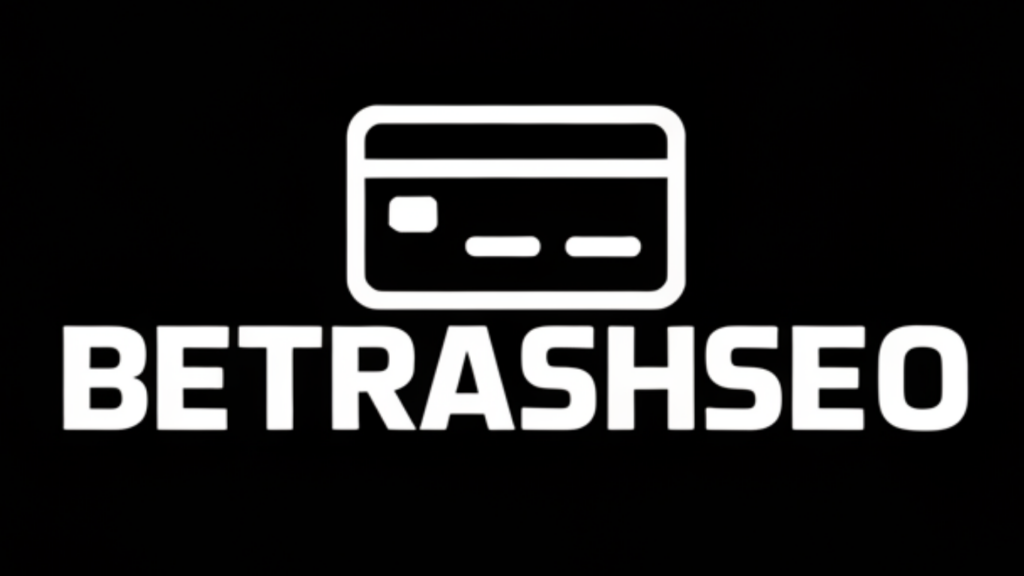In today’s digital age, the allure of discount coupons can be incredibly tempting, saving savvy shoppers a considerable amount on their purchases. However, the question, “How do I make sure a discount coupon is legitimate?” is one that plagues many consumers aiming to avoid scams and ensure their savings are genuine. With countless offers circulating online, it’s crucial to distinguish between authentic deals and deceptive tricks.
Navigating the vast sea of online discounts requires a discerning eye and a bit of know-how. From assessing the source of the coupon to recognizing red flags in offers that seem too good to be true, there are several strategies you can employ to safeguard yourself. Understanding the mechanisms behind genuine promotions is the first step toward smarter, safer shopping.
In this blog post, we delve into practical tips and reliable methods to help you verify the authenticity of discount coupons before hitting ‘redeem’. Whether you’re a seasoned shopper or new to the world of online deals, these insights will empower you to shop with confidence and peace of mind.
Verify the Source of the Coupon
The first step to ensuring the legitimacy of a discount coupon is to verify its source. Coupons from well-known retailers and official brand websites tend to be more reliable. Always check the URL for authenticity, ensuring it matches the retailer’s official site. Many scammers create fake websites that closely mimic official ones, seeking to trick unsuspecting consumers.
Social media platforms often host discount codes, but one must tread carefully. Scammers can easily post fraudulent coupons, pretending to be official brand accounts. Cross-reference any codes found on social platforms with the company’s official channels or customer service representatives. Additionally, official retailer apps often have sections dedicated to promotions, which can be more trustworthy.
Email newsletters are another common source of discount coupons. While many are legitimate, hackers can send phishing emails pretending to be from known retailers. Check the sender’s email domain to confirm its authenticity. If the email seems suspicious, contact the retailer directly through their verified contact details to confirm if the offer is legitimate.
Check for Expiry Dates and Terms
Many fraudulent coupons often omit important details, such as expiration dates and terms of use. Genuine coupons will typically include this information, allowing consumers to understand the limitations of the offer. Review these details thoroughly to ensure the coupon is still valid and applicable to your desired purchase.
Be wary of any coupons that claim unlimited use, as this is a common tactic used by scammers. Legitimate retailers impose restrictions to manage their promotional activities effectively. Confirm the usage terms, such as whether the coupon is applicable only to certain products or eligible for in-store or online use.
It’s also vital to understand the legal aspects related to discounts. Genuine coupons operate within certain regulations, offering transparently clear terms. Retailers who follow legal standards offer peace of mind that the deal is authentic and that no unforeseen conditions will undermine your shopping experience.
Beware of Unrealistic Offers
Offers that seem too good to be true usually are. If a discount coupon promises extraordinary savings or giveaways without any purchase, approach it with caution. Legitimate retailers provide discounts that are reasonable and sustainable, reflecting the realities of business economics.
A sudden influx of unrealistic promotional offers can be an indicator of fraudulent activity. During peak shopping seasons, scammers attempt to exploit consumer demand by presenting offers that appear highly attractive. Always consider whether the discount makes sense related to the brand’s regular pricing strategies.
When evaluating such offers, consider the standard industry discount rates. Most genuine offers will fall within a typical range that aligns with the business’s usual practices. If you encounter a deal that drastically deviates from the norm without reasonable explanation, it’s best to proceed cautiously.
Utilize Coupon Verification Tools
Technology offers numerous solutions for savvy shoppers looking to verify coupon authenticity. Several online platforms provide services to cross-check discount codes, ensuring that they’re genuine and active. These tools can quickly identify fraudulent codes, saving consumers from potential scams.
Coupon validation websites often provide user reviews and ratings, offering insights into the experiences of other consumers. If a particular coupon code has garnered negative feedback or reports of failure, it might be worth avoiding. These platforms also frequently update their databases, reflecting current and expired promotions accurately.
Besides online resources, numerous mobile applications specialize in tracking and verifying coupons, alerting users to potential scams. These apps often include features like expiration alerts and user-generated content for reliability reviews, making them invaluable tools for modern-day shoppers seeking legitimate promotions.
Engage with Customer Service
When in doubt about a discount coupon’s legitimacy, reaching out directly to the retailer’s customer service can provide clarity. Genuine companies often have dedicated support teams ready to verify promotional offers for concerned consumers. This step not only confirms authenticity but also builds consumer trust.
Before contacting customer service, gather all relevant details about the coupon, such as its code, source, and terms. This information will help service representatives quickly verify its status and provide accurate guidance. Direct communication with the retailer ensures you’re getting reliable information directly from the source.
Lastly, keep records of all interactions with customer service. If any issues arise, documentation can aid in resolving disputes or understanding discrepancies. Retailers value feedback and often appreciate being informed about potential scams using their branding, helping prevent future consumer fraud.
Conclusion
In a world teeming with tempting offers and digital deals, distinguishing between authentic coupons and scams is crucial for every consumer. By verifying the source, understanding the terms, and using technology to your advantage, one can confidently navigate the realm of discount shopping. Avoid too-good-to-be-true offers, and don’t hesitate to reach out for customer support when necessary. These proactive steps provide shoppers peace of mind and protect them from fraudulent schemes, ensuring that every discount availed is genuine and beneficial. You can visit RetailMeNot to discover discount coupons and find the option that best suits your savings needs.

